The Criminal Procedure Law provides for various coercive measures. One of them is the drive. Article 113 of the Code of Criminal Procedure defines the basic rules for applying this measure. Consider them.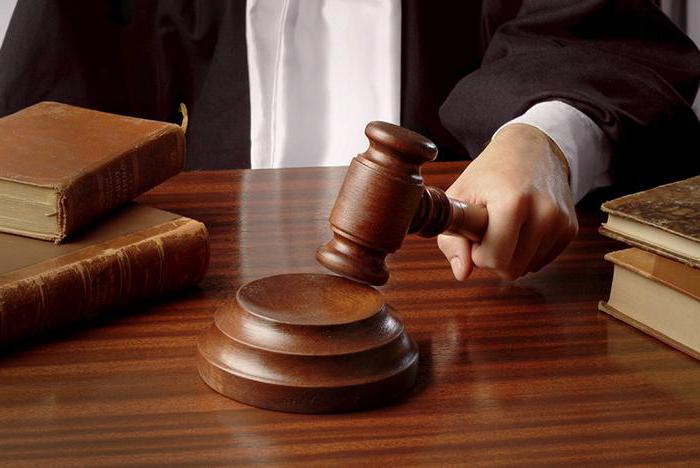
General information
By acquiring a certain status, participants in criminal proceedings assume an obligation to appear. Art. 113 Code of Criminal Procedure establishes liability for its violation.
If at the call of an authorized body or employee, a witness, accused, victim or suspect did not appear without good reason, he can be delivered forcibly. This is the essence of the drive.
If the persons mentioned above have circumstances that prevent the appearance, they must report them immediately to the authority that called them.
The decision of the inquirer, court, investigator before execution is announced to the subject, which is subjected to a drive. The fact of familiarization with the content of the act is confirmed by the signature of a citizen.
According to Art. 113, forced delivery of a person cannot be carried out at night, i.e. between ten in the evening and six in the morning. An exception is emergency circumstances stipulated by law.
In h. 6 Article 113 of the Code of Criminal Procedure, it is fixed that the following shall not be subject to drive:
- minors up to 14 years old;
- pregnant women;
- citizens whose condition does not allow them to leave their place of stay.
The latter circumstance must be confirmed by a competent physician.

The bodies of inquiry shall apply a coercive measure on the basis of a decision, the bailiffs in accordance with a judicial act.
Features of the subject composition
In Art. 113 of the Code of Criminal Procedure, four categories of persons are identified to which a coercive measure in the form of a drive can be applied: suspect, victim, accused, witness. Meanwhile, this list cannot be considered exhaustive.
To the circle of persons covered by Art. 113 of the Code of Criminal Procedure, also include
- civil defendants and plaintiffs;
- specialists, experts;
- witnesses;
- translators.
The legislation provides for the interrogation of specialists, experts and other persons. Article 188 of the Code (para. 3) stipulates that if a person fails to appear for questioning without good reason, the called person may be forcibly brought to the appropriate authority.
Important point
The provisions of the first part of Art. 113 of the CCP applies only to those persons whose presence is necessary. They can act as storage media of evidence.
In some cases, there is a need to ensure the presence of specialists and experts who have already participated in the case in order to provide explanations on the issued conclusions.
Unconditional drive in the presence of the grounds established by Art. 113 Code of Criminal Procedure, subject to the injured citizen.
However, it should be borne in mind that the criminal law does not provide for the possibility of forced delivery of legal entities. a person who has become a victim of an act, or a representative of a victim of a crime who is a physical person. person and admitted to the process. kih defendants and plaintiffs;
- specialists, experts;
- witnesses;
- translators.
The legislation provides for the interrogation of specialists, experts and other persons. Article 188 of the Code (para. 3) stipulates that if a person fails to appear for questioning without good reason, the called person may be forcibly brought to the appropriate authority.
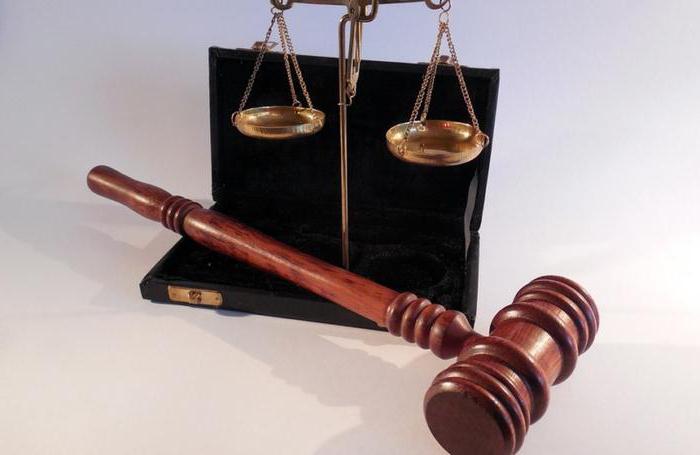
Controversial situations
In the course of proceedings, the question often arises of whether the court has the right to ensure the appearance of a person who is not involved in the proceedings as a participant by taking a decision to bring him and whether the constitutional rights of this subject will be infringed in this case, and whether the principles of adversarial procedure are affected , impartiality and independence of the judiciary.
The Constitutional Court clarified the following. In cases that are in the process of judicial proceedings, only she has the right to determine what kind of evidence will be studied, what measures should be considered necessary to obtain information about the study of which is requested by the persons participating in the process.
Having recognized the specific measures necessary to ensure the proceedings, including the drive, or the challenge indicated in the indictment, the court makes a decision binding on all entities to which it is addressed.
The adoption by other persons and authorities of decisions regarding the responsibility, duties, rights of participants in the process would indicate interference with the court, a violation of the principle of independence of judges.
- civil defendants and plaintiffs;
- specialists, experts;
- witnesses;
- translators.
The legislation provides for the interrogation of specialists, experts and other persons. Article 188 of the Code (Part 3) states that if a person fails to appear for questioning without a good reason, the called person may be forcibly brought to the appropriate authority.
Measure content
A drive is essentially a forced action. Outwardly, it is similar to the detention or temporary restriction of the freedom of movement of a citizen.
Employees executing a decision or decision on the application of this measure invite a person to voluntarily go to the place of call accompanied by them. Coercion can only be applied if a citizen refuses or tries to hide.
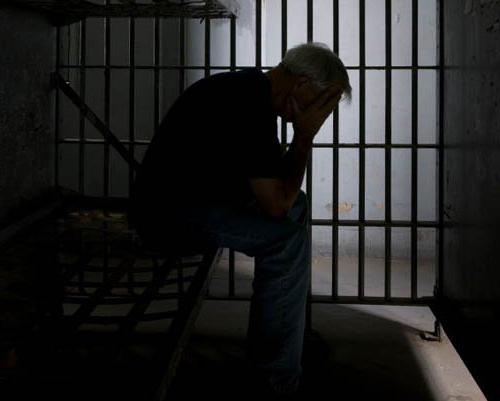
The order of production of the drive ceases to be effective after the completion of the events for which the subject was called.
An obstacle to its implementation is the lack of information confirming the fact that the person was duly notified of the decision made regarding him.
Condition of use
If the summoned citizen did not appear, this circumstance is necessarily confirmed by the protocol of the corresponding investigative action, the decision / decision to postpone the hearing, a certificate or other document.
Only one case of failure to appear will be sufficient for the decision-making body to make an inquiry.
Good reasons
Article 113 does not indicate what circumstances should a person fail to appear be considered valid. In practice, these reasons include:
untimely receipt of notice (summons);
illness of a citizen called to the authorized body or his close relative;
the presence of young children and the inability to leave them with someone for the duration of the investigative or judicial action.
Obstacle to turnout may be other objective reasons. It is very difficult to determine their complete list. In this regard, the circumstances of non-appearance are assessed in each case by the court individually.
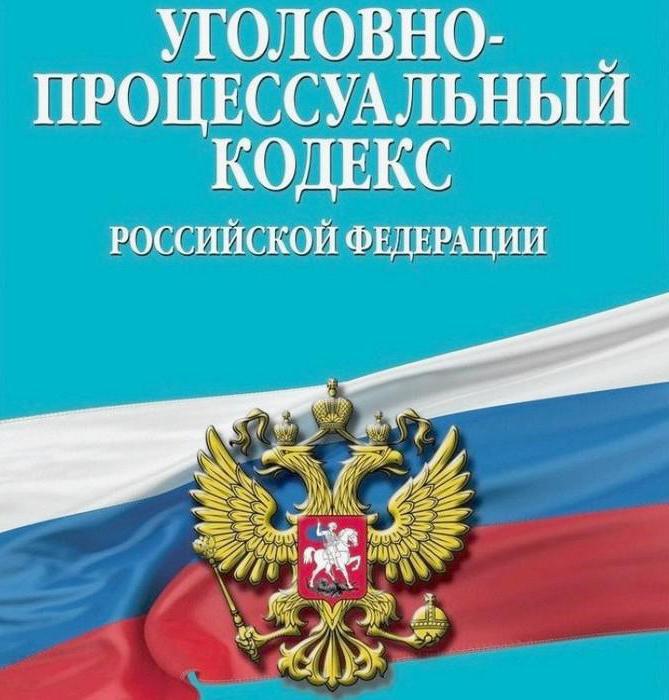
Nuances
The objective presence of circumstances that impede the appearance of the call does not preclude the possibility of making a decision on the drive. This is due to the following factors.
Firstly, a person is obliged to notify immediately of occurrence of relevant circumstances. In this case, any available means of communication can be used. You need to notify exactly the authority that causes it.
Secondly, in the legislation the obligation to notify is established by chance. The authorized body / employee, having assessed the validity of the reasons, makes a decision on making or not making a decision on the drive.
Accordingly, if circumstances objectively prevent the appearance, the act is not issued, and the person will be called on another day and at another time.
Limitations
Section 113 provides for a ban on night-time drive, i.e. from 10 p.m. to 6 a.m. local time. An exception is emergency.
An urgent case is considered to be a situation in which the factual basis for applying the measure arose suddenly and at the same time there are factors that could lead to the loss of information relevant to the production.
Sometimes a night drive can be caused not by urgency, but by the inability to deliver a person in the daytime due to his avoidance of appearance.
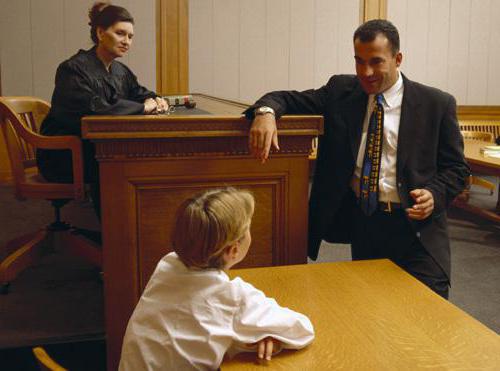
Additionally
Citizens under the age of 14, people with diseases that do not allow to leave the place of treatment, pregnant women can come on call voluntarily, accompanied by a direct drive, or with the participation of their legal representative, including parent, guardian, etc.
This rule applies if the specified persons agree to the drive. Forced delivery to the appropriate authority or official is not allowed.